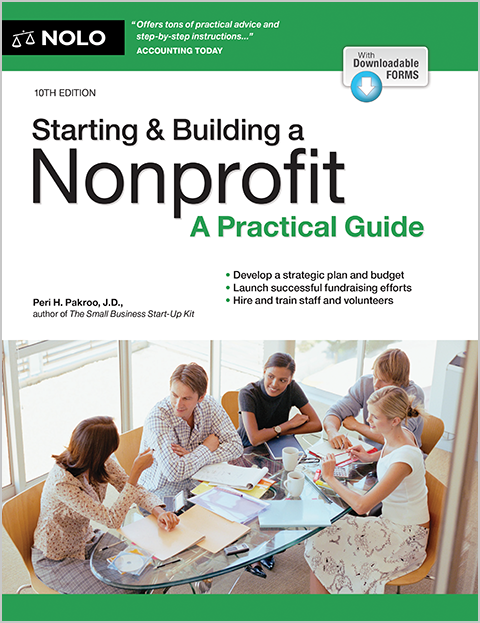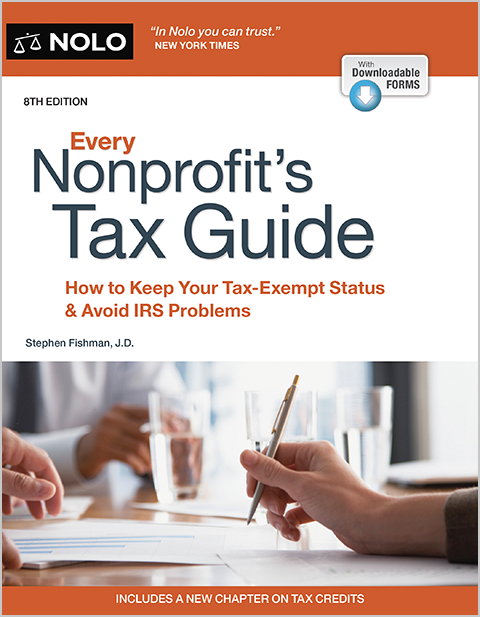Any donor who claims a charitable deduction of $5,000 or more must obtain a qualified appraisal of the item’s value.
A donor who claims a charitable deduction of $5,000 or more for a single item or for multiple similar items of personal or real property must obtain a qualified appraisal of the item's or group of items' combined value. This can discourage large property donations because appraisals can be expensive. There are certain exceptions, however, including:
- personal property owned less than one year (this is because the donor's deduction is limited to the property's original cost, not its current fair market value)
- publicly traded stock, mutual fund shares, or other securities
- nonpublicly traded stock of $10,000 or less
- a vehicle (including a car, boat, or airplane) for which the donor's deduction is limited to the gross proceeds from its sale
- business inventory, or
- intellectual property, such as a patent.
The lack of an appraisal requirement is one reason gifts of publicly traded stock are the most popular noncash donations.
The appraisal must be arranged for and paid for by the donor—the nonprofit cannot help pay for it in any way. Moreover, the donor can't deduct appraisal fees as part of the charitable contribution. At best, a donor may claim them as a miscellaneous itemized deduction on Schedule A of IRS Form 1040. However, because not all taxpayers itemize their deductions, you should never promise a donor that his or her appraisal fees will be deductible as a miscellaneous itemized deduction. At most, you should say that the fee "may" be deductible depending on the donor's tax situation.
An appraisal must be "qualified" to satisfy the IRS. A qualified appraisal is one that:
- is made not earlier than 60 days before the property is donated
- is received by the donor before the due date (including extensions) of the return on which the deduction is claimed—usually not later than October 15 of the year after the donation was made
- includes certain specified information (see IRS Publication 561, Determining the Value of Donated Property)
- does not involve an appraisal fee based on a percentage of the appraised value of the property (with one narrow exception for certain fees to nonprofit appraiser associations) or the value of the property allowed as a charitable deduction
- is conducted in accordance with "generally accepted appraisal standards" and IRS rules, and
- is conducted, prepared, signed, and dated by a "qualified appraiser."
Donors often have old appraisals for expensive property items. Make sure they understand that the appraisal for the IRS must be new—made not more than 60 days before the contribution. And, insurance appraisals are not acceptable.
Not just anyone can conduct an IRS-approved appraisal. To satisfy the IRS, the appraisal must be done by a "qualified appraiser." There are many professional appraiser organizations whose websites donors can use to help them find a qualified appraiser. These include:
- The American Society of Appraisers
- Appraisal Foundation
- Appraisal Institute
- Foundation of Real Estate Appraisers
- Gemological Institute of America
- National Association of Independent Fee Appraisers
- International Society of Appraisers
- Appraisers Association of America
It's perfectly legal and ethical for your nonprofit to recommend an appraiser. However, you cannot have a favorite appraiser who spends most of his or her time dealing with your donors. An appraiser who spends a majority of his or her time conducting appraisals for a single nonprofit cannot be a qualified appraiser under IRS rules.
For more information on appraisals, you can refer donors to IRS Publication 561, Determining the Value of Donated Property, and to IRS Revenue Procedure 96-15. Both can be obtained from the IRS website.



